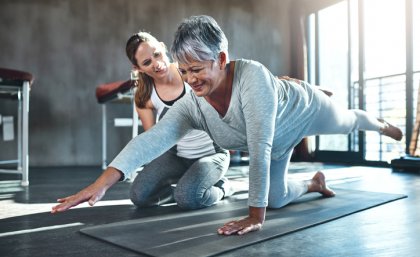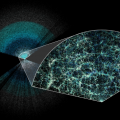
Researchers from The University of Queensland are investigating whether low-intensity physical exercise may help people suffering from chronic neck pain due to whiplash.
Dr Rutger de Zoete from UQ’s RECOVER Injury Research Centre said the study aimed to improve treatment options and health outcomes for sufferers.
He said about half of people who sustained an injury leading to whiplash continued to experience symptoms for several years.
“With limited and often ineffective treatment options available, whiplash can lead to severe disability, reduced psychosocial status and loss of work,” Dr de Zoete said.
“Whilst people experiencing pain may not feel like exercising, it could be a practical alternative to medication.
“We are investigating the effects of low-intensity physical exercise on chronic pain and the subsequent changes in the structure and function of the brain.
“We know from research in other chronic pain conditions that exercise can have a positive effect on our bodies, but our aim is to identify whether the underlying key to these effects could be the brain.”
In Australia, whiplash is responsible for healthcare costs exceeding $350 million per year.
Figures show 30 per cent of people involved in motor vehicle accidents will go on to develop a chronic pain condition with moderate to severe symptoms.
The research team is looking for adults with chronic neck pain due to whiplash, as well as adults without neck pain who will act as control participants.
All participants will be required to complete a free, eight-week exercise intervention program which will be supervised by a physiotherapy researcher and an exercise physiologist.
As part of the program, participants will also need to attend UQ’s Herston campus for three one-hour testing sessions involving MRI scanning and blood sampling.
Dr de Zoete says low-intensity exercise can be as simple as going for a walk, a gentle bike ride, or some light, whole-body resistance movements.
“You don’t need to lift heavy weights or run long distances every day, but if we can better understand how the brain responds to different types of exercise and how this may reduce physical pain, we can tailor new treatment programs to help those suffering from chronic conditions,” he said.
Contact the research team to find out more about this study and how you can participate.
Media: Dr Rutger de Zoete, r.dezoete@uq.ed.au, +61 4 3221 8486; Jo Hickman, UQ Communications, jo.hickman@uq.edu.au, +61 7 3346 3037.










